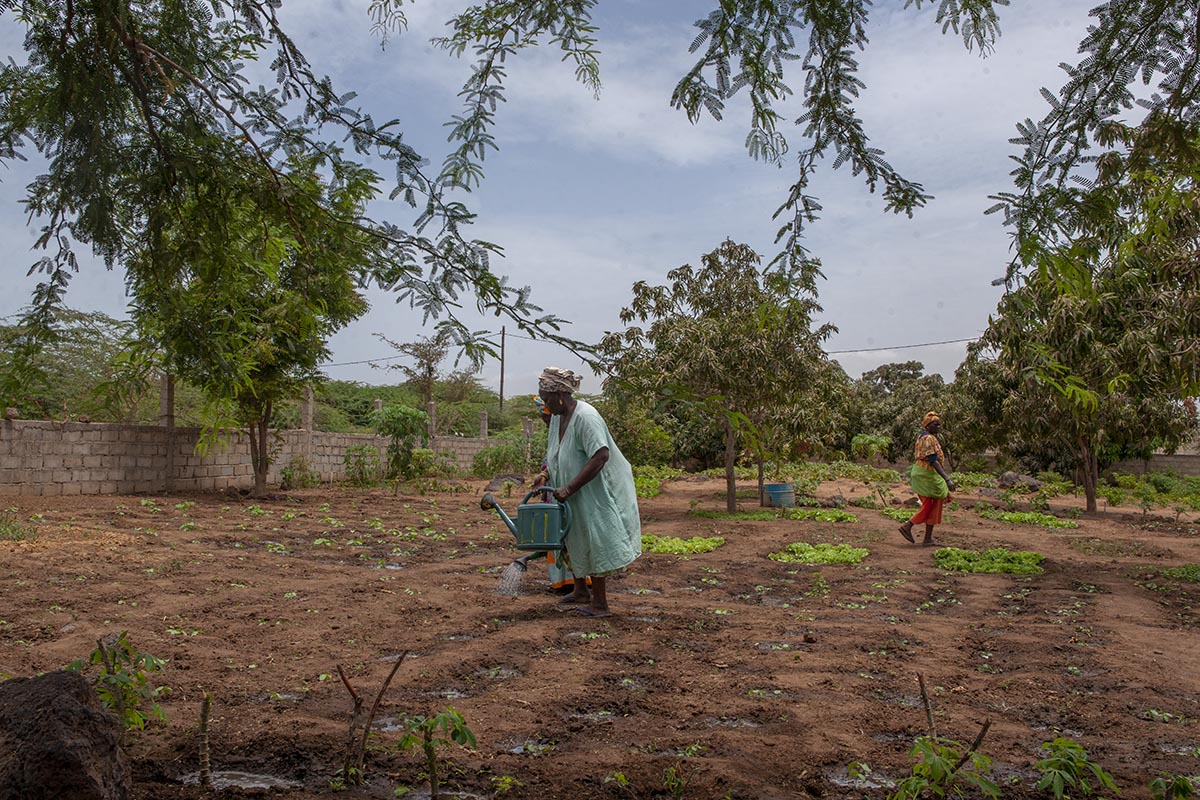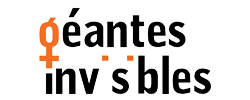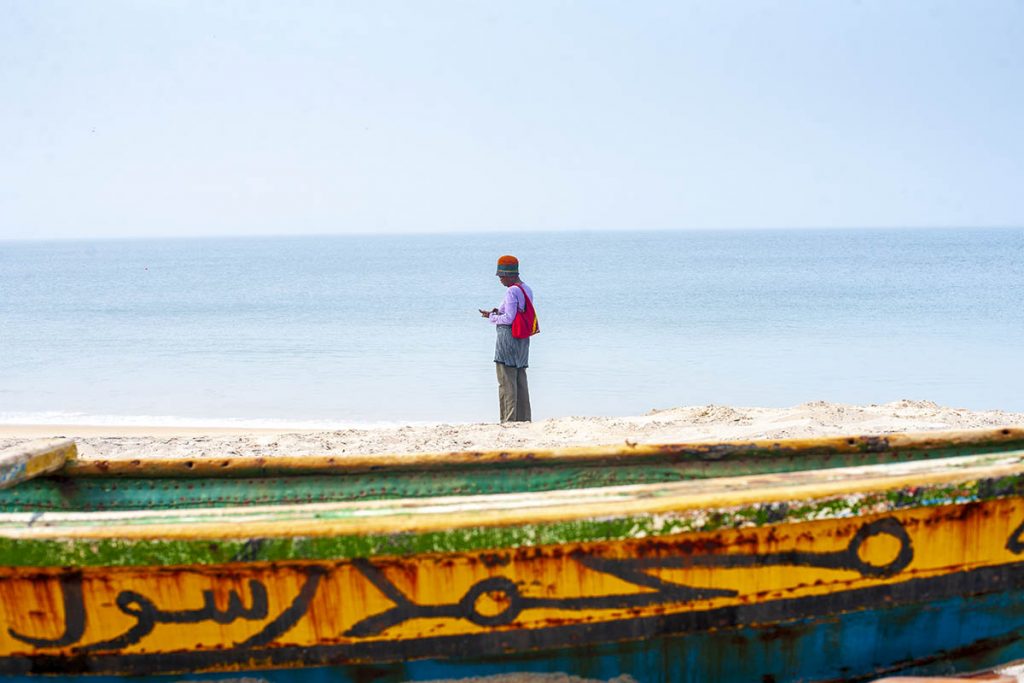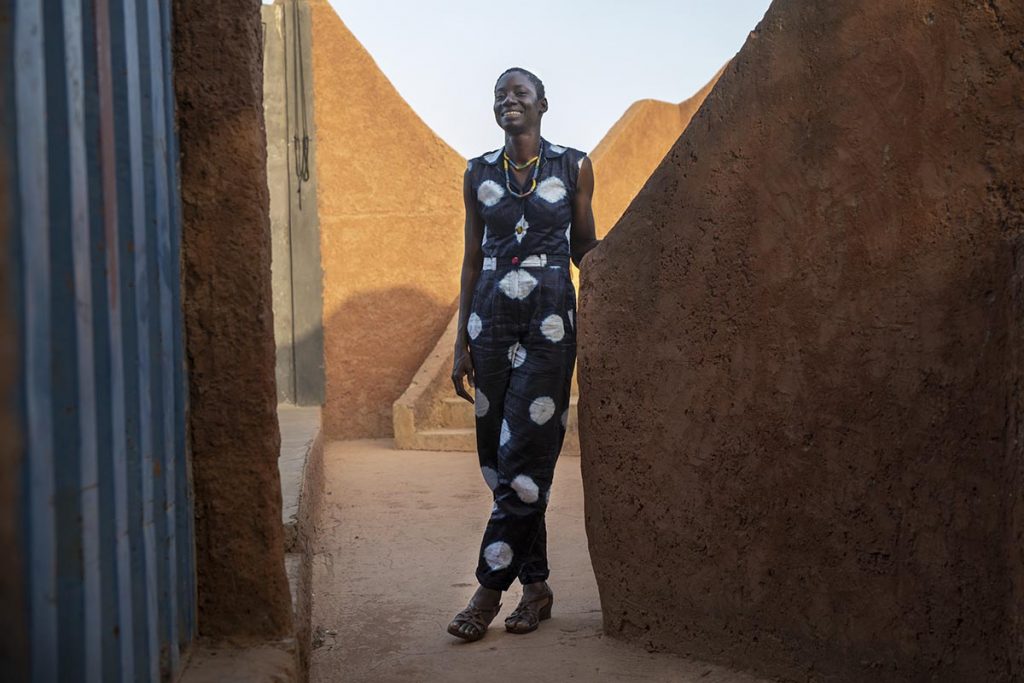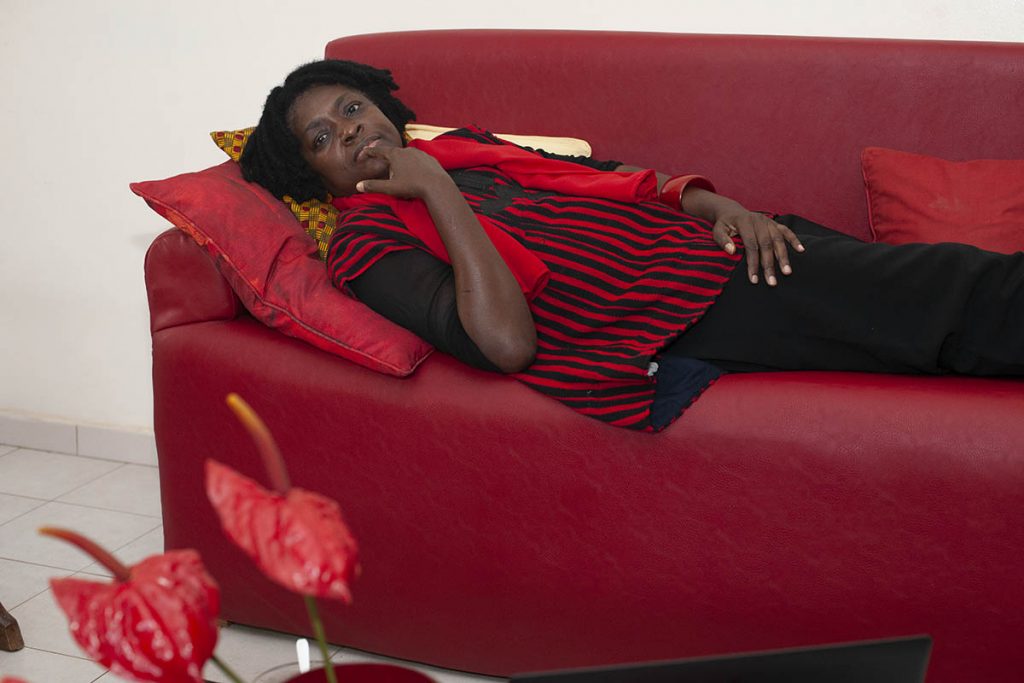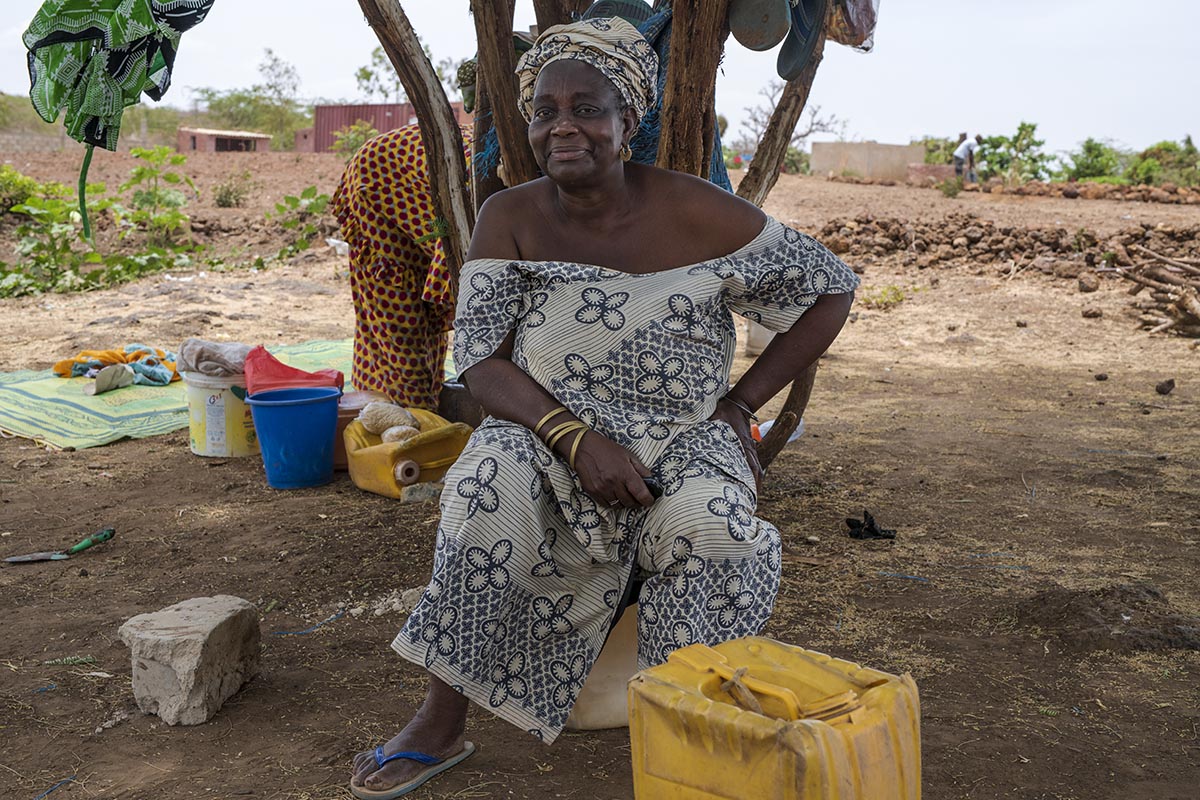
Hadji Fatou Drame
Of Vision and of Courage
This effective Giant is a pillar for the whole community, always listening, serving and rooted in community!
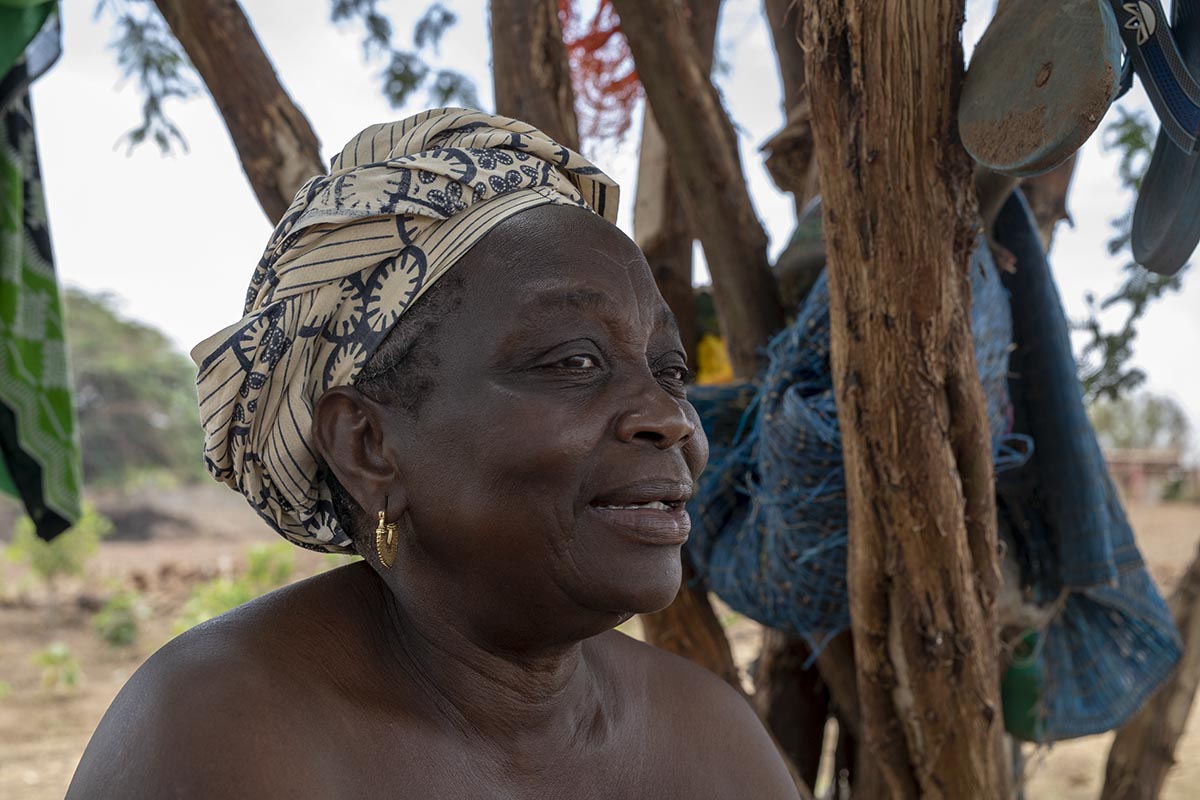
Hadji Fatou Dramé is a 64 year old grandmother who lives in the village Lébou of Toubab Dialaw where everyone has immense respect for her because she is an ideal friend, an ideal mother, and an ideal sister!
She has been working for 20 years as a volunteer in women’s groups, youth associations in the fields of health, culture, education, entrepreneurship, and social self-determination.
Hadji held the healthcare position at Woman Relay where she was in charge of identifying people needing health monitoring in her community, such as young pregnant girls and elderly people suffering from malnutrition.
In 2002, she was named one of the Badienou Gox, whose role is to counsel women of childbearing age during their follow-up visits and promote the vaccination of children. In addition to being a conciliator and intermediary of trust,
she is also very active in a group of traditional women healers who are highly respected in the Lebou community.
In the village of Toubab Dialaw, Hajji is at the head of one of the women’s associations in Senegal that aims to improve economic conditions for women. As a founder of a women’s group called “Dimbeuli Jaboot,” the women elected her as president: “I have a vision of development; my ambition is our advancement.”
The resources of their association come from the membership fees and subscriptions in a tontine credit collection organized every two weeks. The group helps its members face their economic problems when they have to cope with additional or unforeseen expenses, by covering their basic needs. Sometimes the association receives funding, or calls upon the Crédit Mutuel, but in the latter case women find it harder to repay the loans.
Hadji Dramé works on activities that allow her group to learn new things and discover new sources of income for women.
She coordinates a group of about 100 women who are active in a community field whose association has received loans since 2007.
She coordinates a group of about 100 women who are active in a community field whose association has received loans since 2007. Every afternoon, they leave their homes to go to the field, whereas before they were inactive due to housework and societal obligations, especially the older women. This not only provides them with a source of income, but also much better health, as they do manual work and eat healthier food with the vegetables they grow.
This project is a social assistance initiative that also addresses women’s problem of access to land. Even if their families have land, the men are the owners and do not allocate it to the women.
Some women were quick to abandon this activity in the fields because of family pressure or the difficulty of physical work.
Yet Hajji remains hopeful that her efforts will pay off in order to provide the group with a source of perennial income: “It’s the most motivated ones who never quit. To succeed, you have to believe in it.”
